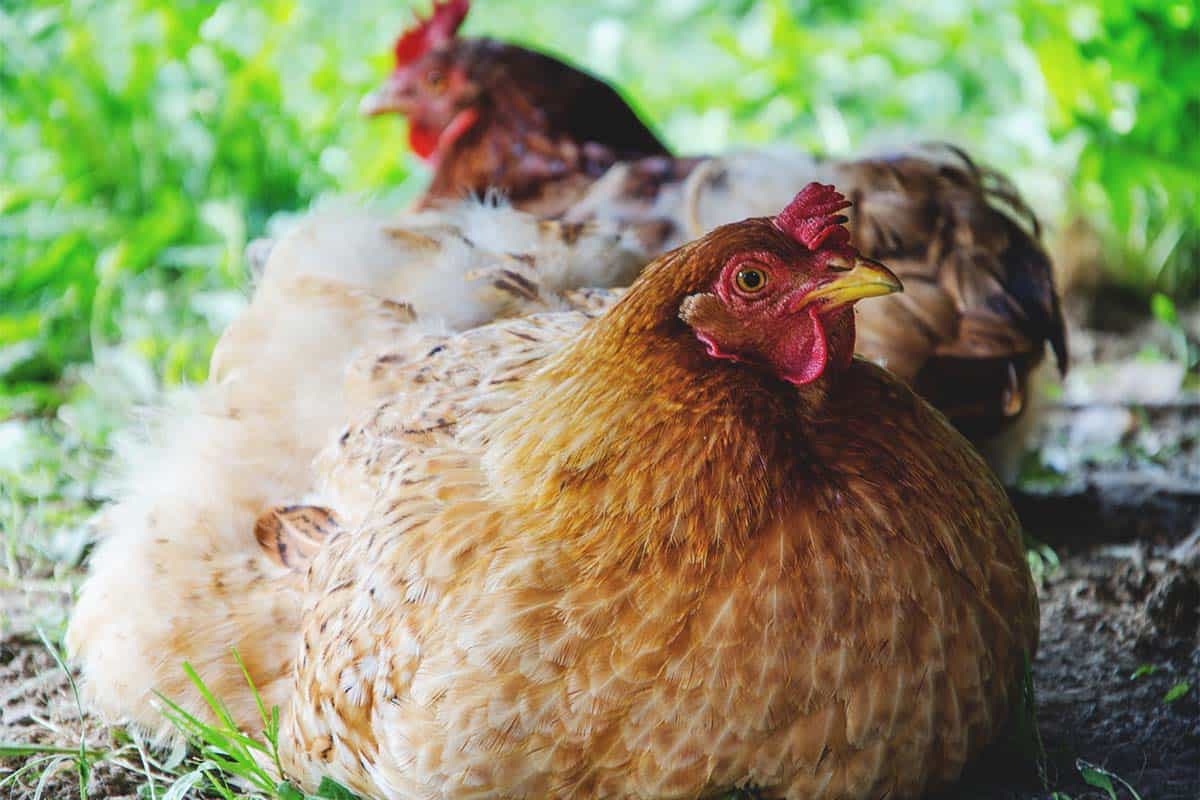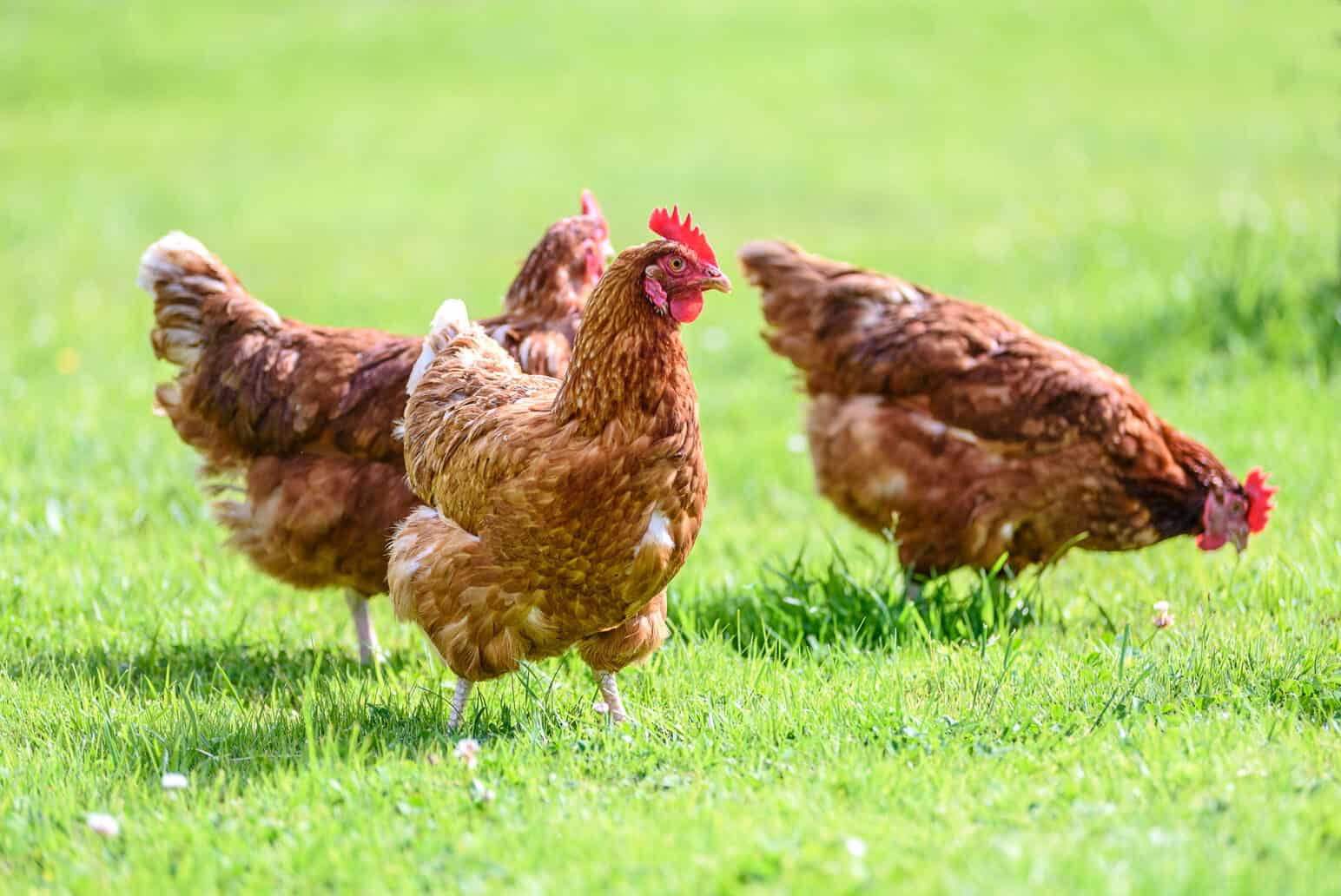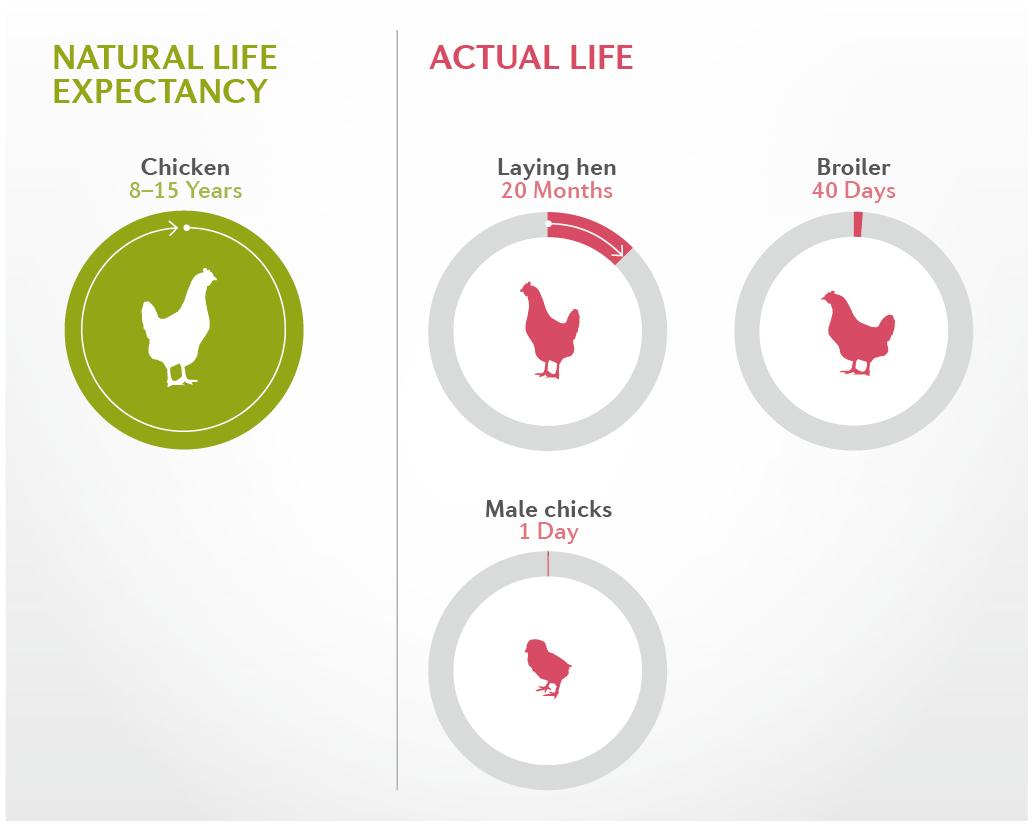The lifespan of a rooster can vary greatly depending on its care and husbandry, but with the right care, a rooster can live for many years. In this guide, we will discuss how to maximize a rooster’s lifespan in chicken husbandry. From diet and nutrition to environmental factors, we’ll explore the key elements necessary to ensure your rooster enjoys a long and healthy life. With the right knowledge and care, you’ll be able to maximize your rooster’s lifespan and ensure that it lives a long and happy life.
What is the Average Lifespan of a Rooster?

On average, a rooster can live for 5-8 years. A rooster’s lifespan is greatly influenced by the environment it is kept in and the care it is given. The quality of housing, food, and care are extremely important factors in determining how long a rooster can live.
Here are some tips to help maximize a rooster’s lifespan:
- Provide a healthy and safe environment, free from predators and extreme temperatures.
- Offer a balanced diet of quality feed and plenty of fresh vegetables and fruit.
- Ensure the rooster is regularly checked for any signs of parasites or disease.
- Provide a large area for the rooster to exercise and roam around.
- Keep the rooster away from other aggressive roosters.
By following these steps, you can help your rooster live a longer, healthier life. With the right care and attention, a rooster can live for up to 8 years, or even longer.
Factors that Affect Rooster Lifespan

Genetics
Genetics can play a major role in determining the lifespan of a rooster. Some breeds are known to live longer than others. Breeds that are bred for their size tend to have a shorter lifespan than those that are bred for their hardiness.
Environment
The environment in which a rooster is kept can also affect their lifespan. Roosters that are kept in clean, well-ventilated, and pest-free coops tend to live longer than those kept in cramped, dirty, and pest-infested coops.
Diet and Nutrition
The diet and nutrition of a rooster can also impact their lifespan. Roosters that are given a balanced diet of proteins, vitamins, and minerals tend to live longer than those that are not. Additionally, providing a rooster with plenty of fresh water and access to quality foraging materials can help them to live a longer, healthier life.
By taking these factors into account, it is possible to extend the lifespan of a rooster. With proper care and attention, a rooster can live up to 10 years or more. However, it is important to remember that this may vary depending on the breed and individual rooster.
Tips to Maximize Your Rooster’s Lifespan
Provide Ample Space
A rooster needs a lot of space to roam, scratch, and explore – not just in the coop, but also in the run. This helps to keep them active, healthy, and free from boredom. Furthermore, providing ample space prevents overcrowding and the spread of disease.
Monitor Rooster Health
Routinely monitor your rooster’s health and keep an eye out for any signs of illness or injury. If you notice any changes in your rooster’s behavior, such as lethargy or weight loss, it’s best to take him to the vet for a check-up.
Provide a Healthy Diet
Nutrition is key in keeping your rooster healthy and living a long life. A well-balanced diet should include protein, grains, fruits, and vegetables. Additionally, it’s important to provide your rooster with plenty of fresh, clean water.
Vaccinate Roosters
Vaccinating your rooster is an important part of maintaining their health and increasing their lifespan. Vaccines can help protect against a range of illnesses and infections, such as avian influenza and Marek’s disease. Talk to your local veterinarian about the best vaccine program for your rooster.
Carefully Handle Roosters
It’s important to handle your rooster carefully, as they can be easily injured. Be gentle when holding them, avoid rough play, and always provide a safe environment.
Keep Roosters Away from Predators
Predators can be a serious threat to a rooster’s life, so it’s important to protect them. Building a secure coop and run, as well as keeping an eye on your rooster when he’s outside, can help keep him safe from predators.
By taking the necessary steps to maximize your rooster’s lifespan, you can help ensure that your rooster will enjoy a long and healthy life. With the proper care and nutrition, a rooster can live anywhere from 5-8 years, depending on breed and environment.
Frequently Asked Questions
What is the Average Lifespan of a Rooster?
A rooster’s lifespan depends largely on the environment they are kept in, their diet and other factors such as predators or disease. However, on average, a rooster can be expected to live anywhere from 3 to 8 years.
- A rooster living in an ideal environment with a balanced diet and no predators can reach up to 8 years of age.
- A rooster living in a less favorable environment with an inadequate diet and/or predators can only reach 3 years of age.
- The average lifespan of a rooster is somewhere in the range of 5-7 years.
It is important to realize that a rooster’s lifespan can be greatly affected by its environment and diet. Therefore, it is important to provide your rooster with the best possible care and nutrition to maximize its lifespan.
What Factors Affect a Rooster’s Lifespan?
A rooster’s lifespan is significantly affected by its diet and nutrition, proper housing, and the overall care provided. Poor diet and nutrition can lead to health problems and a shorter lifespan. Additionally, overcrowding, lack of cleanliness, and exposure to extreme temperatures can reduce the lifespan of a rooster. Roosters in the wild may have a much shorter lifespan than those cared for by humans.
What Kind of Diet Should I Feed My Rooster to Maximize Its Lifespan?
A Balanced Diet – A balanced diet is essential for any living creature, and this is especially true for roosters. A balanced diet for your rooster should include a variety of fresh fruits and vegetables, whole grains, legumes, and lean proteins. Avoid processed and high-fat foods.
Protein – Protein is essential for the growth and development of your rooster. Make sure to feed your rooster high-quality proteins such as lean meats, eggs, and fish.
Vitamins and Minerals – Vitamins and minerals are essential for your rooster’s health. Make sure to provide your rooster with a variety of fruits and vegetables (especially dark leafy greens) to ensure it gets all the vitamins and minerals it needs.
Supplements – If you’re unable to provide your rooster with a balanced diet, you may want to consider supplementing with a multivitamin or mineral supplement.
Water – Fresh, clean water should be available to your rooster at all times. Change its water daily to prevent any bacterial growth.
Grains – Grains should also be a part of your rooster’s diet. Provide your rooster with a variety of grains such as corn, oats, and wheat.
Forage – Allowing your rooster to forage for food can help it stay healthy and active. Make sure to provide your rooster with plenty of space to roam and forage for its food.
Treats – Treats are a great way to reward your rooster and keep it happy. Make sure to provide your rooster with healthy treats such as mealworms, fruits, and vegetables.
Following a balanced diet and providing your rooster with plenty of water and space to roam can help maximize its lifespan.
What Kinds of Health Issues Can Reduce a Rooster’s Lifespan?
Common health issues that can reduce a rooster’s lifespan include respiratory infections, parasites, and viral or bacterial diseases. Poor nutrition, lack of exercise, and inadequate housing can also lead to health problems and shorten a rooster’s life. Roosters can also suffer from genetic issues, such as heart and organ problems. Regular vet visits and preventive care can help to minimize the impact of health issues on a rooster’s lifespan.
How can I create a safe and comfortable environment for my rooster?
Providing a safe and comfortable environment for your rooster is essential in extending its lifespan. Roosters need plenty of space to run, exercise, and explore. A spacious, secure, and well-maintained coop and run will help keep your rooster healthy and safe from predators. Additionally, provide your rooster with plenty of clean water and a nutritious diet, and make sure it is regularly checked for parasites and other health issues. Finally, ensure that your rooster is protected from extreme temperatures and weather conditions.
Conclusion
With good care, a rooster can live up to 8-10 years. However, their life expectancy can be shorter if not properly cared for. To maximize their lifespan, provide a safe and healthy environment, ensure adequate nutrition and health care, and practice good husbandry techniques. Taking good care of your rooster will ensure that it lives a long and healthy life.
